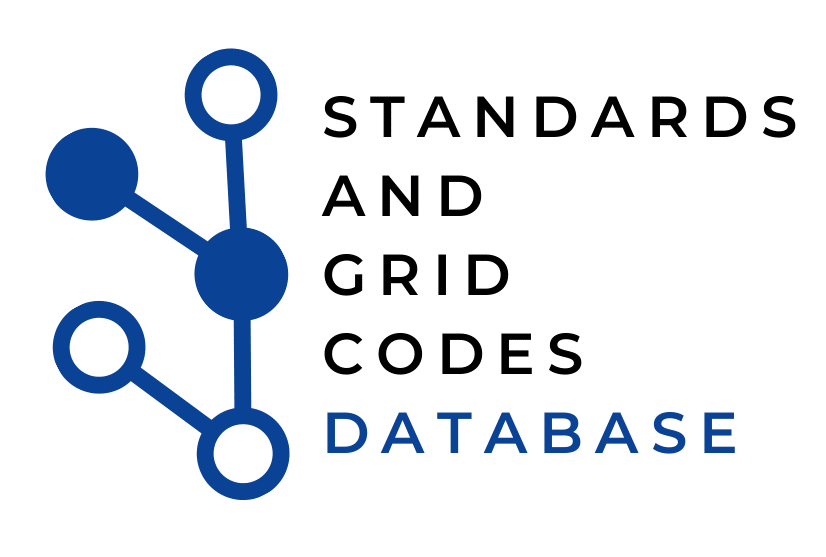Abstract
IEC 61158-6-2:2019 provides common elements for basic time-critical and non-time-critical messaging communications between application programs in an automation environment and material specific to Type 2 fieldbus. The term “time-critical” is used to represent the presence of a time-window, within which one or more specified actions are required to be completed with some defined level of certainty. Failure to complete specified actions within the time window risks failure of the applications requesting the actions, with attendant risk to equipment, plant and possibly human life.
This International Standard specifies interactions between remote applications and defines the externally visible behavior provided by the Type 2 fieldbus application layer. The purpose of this document is to define the protocol provided to
a) define the wire-representation of the service primitives defined in this document, and
b) define the externally visible behavior associated with their transfer. This document specifies the protocol of the Type 2 fieldbus application layer, in conformance with the OSI Basic Reference Model (ISO/IEC 7498-1) and the OSI application layer structure (ISO/IEC 9545).
This fourth edition includes the following significant technical changes with respect to the previous edition:
– clarifications of response PDU formats in case of failure in 4.1.5;
– clarifications of connection request priority definition and handling in 4.1.6.5 and 4.1.6.6;
– clarification of connection remaining path in 4.1.6.12;
– extensions of general syntax in 4.1.8.1;
– extensions and clarifications of Identity object PDUs in 4.1.8.2;
– updates of Assembly object PDUs in 4.1.8.4;
– extensions and clarification of Time sync object PDUs in 4.1.8.6;
– updates of Parameter object PDUs in 4.1.8.7;
– extensions of Connection Manager object PDUs in 4.1.8.8;
– clarifications of Connection object PDUs in 4.1.8.9;
– extensions and clarifications of message and connection paths in 4.1.9;
– updates of object and service class codes in 4.1.10 and error codes in 4.1.11;
– updates of data types in 4.2.4, 5.1.3 and 5.2.3;
– updates of the encapsulation abstract syntax in 4.3;
– updates to the DLL mapping protocol machine 2 in Clause 11;
– miscellaneous editorial corrections.
|
